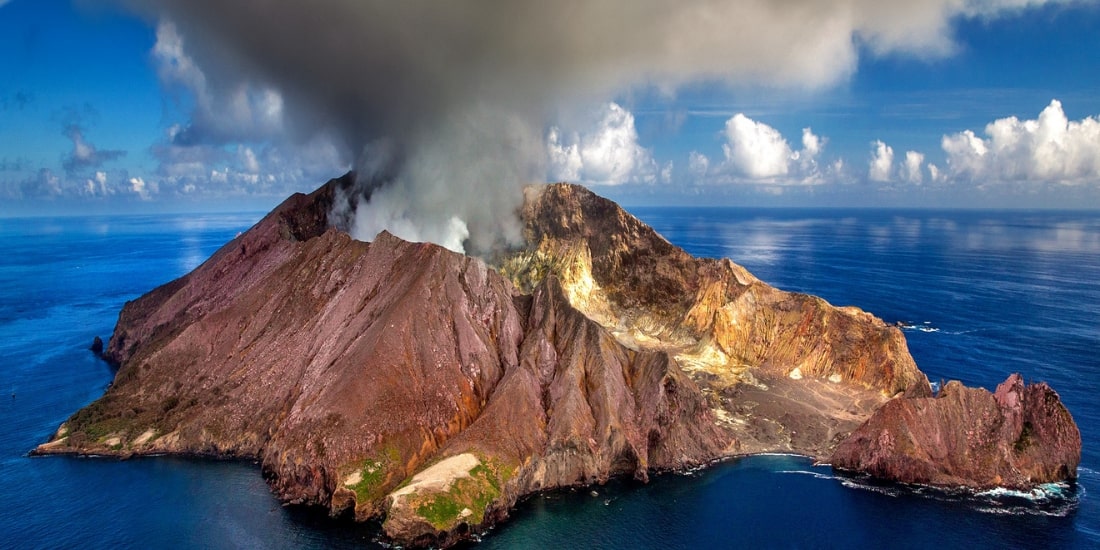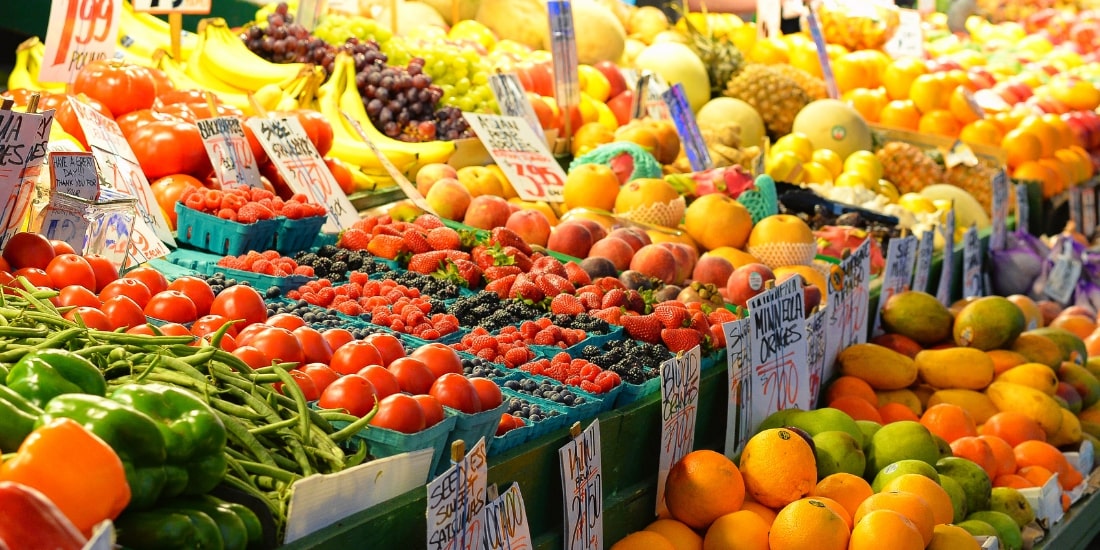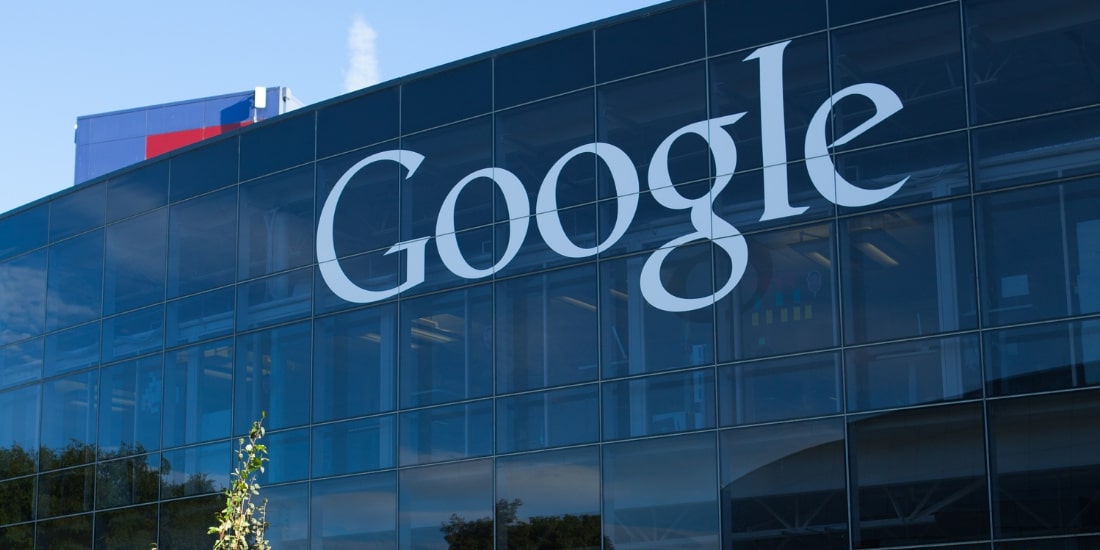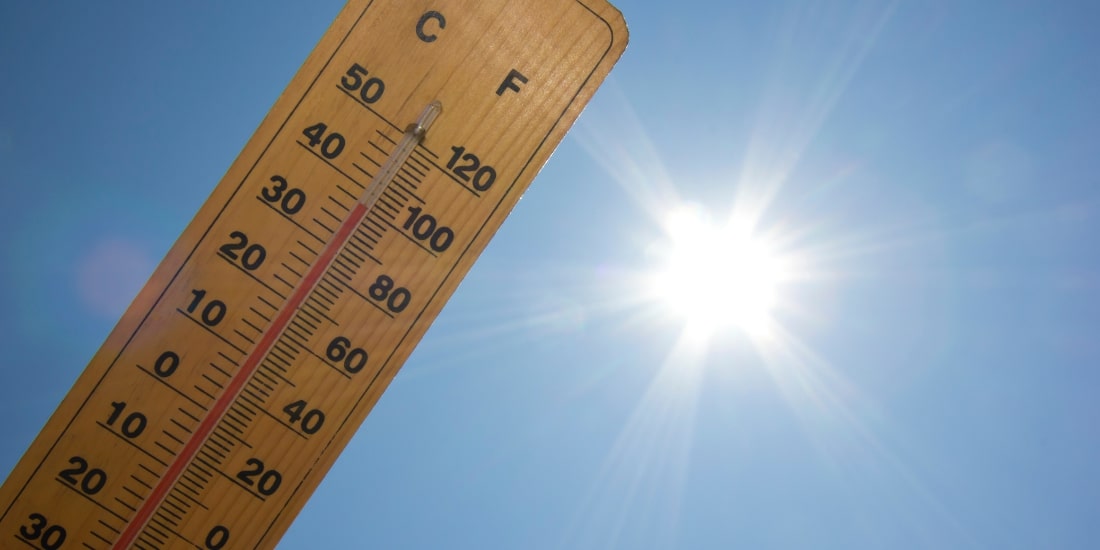Carbon neutrality means having a balance between the amount of carbon that is emitted and the amount that is absorbed in carbon sinks. Carbon sequestration is required to reach net zero emissions, which means that all global carbon emissions must be offset.
Any system that absorbs more carbon than it emits is considered a carbon sink. Soil, forests, and oceans. In this blog post, we will discuss 13 things about carbon neutrality that you may not have known!
1. Water conservation is Key to become carbon neutral
You may not know this, but water conservation is one of the key ways to become carbon neutral. By conserving water, you are also reducing the amount of energy needed to heat and treat it. This means that fewer fossil fuels are being burned, which in turn reduces greenhouse gas emissions.

In the same way, we use energy to drive a car, to maintain and purify water means contributing to the climate change crisis. In the UK, people require 4,645 liters of water per person every day, resulting in 3.68 million tonnes of CO2 per year from the supply and treatment of our water. But if we use less and waste less, this can be significantly reduced.
2. Europe needs to pull their weight
Unfortunately, it's true that European countries are actually among the world's highest carbon emitters. In fact, Germany has consistently produced the most carbon emissions in the EU since the turn of the century. In 2020, Germany produced around 605 million metric tons of carbon dioxide emissions, which was more than the combined emissions produced by the next largest emitters in the EU, Italy, and Poland.

3. People are more responsible than volcanos
While you'd think it almost impossible for humans to produce a bigger carbon footprint than all the volcanos in the world, according to the National Oceanic and Atmospheric Administration, we emit around 40 billion metric tons. Yet volcanic eruptions and underground magma only emit 0.15 billion metric tons of carbon dioxide a year. That's around 90 times less than people!
4. Ancient plants affect carbon emissions
The researchers found that, between 410 and 380 million years ago, atmospheric CO2 levels were just 30 to 70% greater than they are today. The researchers reached this discovery by utilising a cutting-edge approach to determine CO2 levels based on measurements collected from fossil plant material.
5. Carbon neutrality is necessary for the rainforests
There is a special significance to rainforests. For the preservation and storage of water, these trees are essential. 15%–20% of the water that travels from rivers around the world into our oceans comes from the Amazonian forests alone.
6. Food production can attain carbon neutrality
Sustainable food production aims to attain carbon neutrality by using non-polluting, resource-conserving, and carbon neutral methods and systems. We must really reconsider the way food is produced and the type of food we consume if we are to protect the planet.

7. Shop local to save the planet
One way you can help the environment is by shopping locally. When you buy from local businesses, you cut down on emissions from transportation. You also support your community and keep your money circulating in the local economy.
Shopping local is important because most fresh produce is grown in northern Europe and produced in heated greenhouses. This means they rely on fossil fuels. So, eating seasonally and shopping local is far more effective at reducing your own carbon footprint.
8. Vegan diet reduce carbon footprint
One of the best things you can do for the environment is to go vegan. The animal agriculture industry is responsible for a huge amount of greenhouse gas emissions, water use, and deforestation. In addition, it's one of the leading causes of species extinction and ocean dead zones.
Plant-based diets can reduce your carbon footprint by up to 50%. You can also help save water, reduce pollution, and protect wildlife. Plus, you'll be eating healthier and more humanely-produced food.

9. Google is carbon neutral
We bet you didn't know that Google has been carbon neutral since 2007! Thanks to purchasing renewable energy matching its global energy consumption, Google is leading the way forward when it comes to running a completely carbon-neutral business. Google’s mission statement on sustainability cites that “the path to a cleaner, healthier future begins with the small decisions we make each day”. Yet its commitments to sustainability are far from small.
10. Driving electric is counter-intuitive
While most governments now have incentives for people to switch to electric vehicles, the raw materials and energy required to build the lithium-ion batteries used in e-vehicles mean that some can have double the global warming impact of conventional cars. So, if you drive a petrol or even diesel car efficiently, this could be far better for the environment than investing in an electric car.
11. Reducing plastic waste a way towards carbon neutrality
When it comes to plastic waste, everyone has a part to play, but those parts take different forms. To achieve carbon neutrality everyone should avoid single-use plastics.

12. Summer is hotting up
The five warmest years on record have occurred in just the last decade, which clearly shows the knock-on effect global warming is having on the weather. If we continue to ignore global warming, not only will sea levels continue to rise, but we are putting the lives of future generations at serious risk.
13. China is investing in renewable energy
Despite being one of the main carbon emission culprits, China is one of the largest investors in renewables. The country has stepped up its green energy investments significantly over the past couple of years in a bid to combat climate change head-on. And other countries must follow suit.







